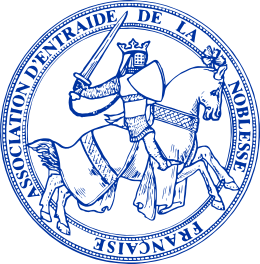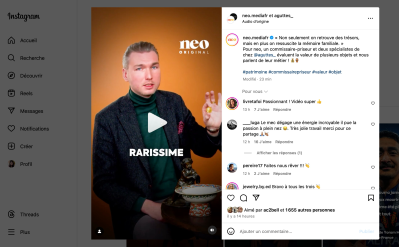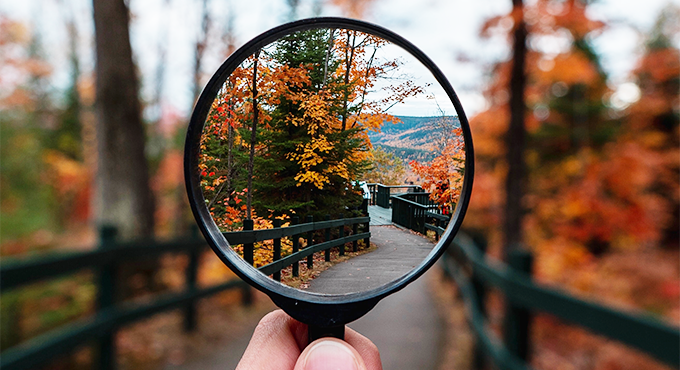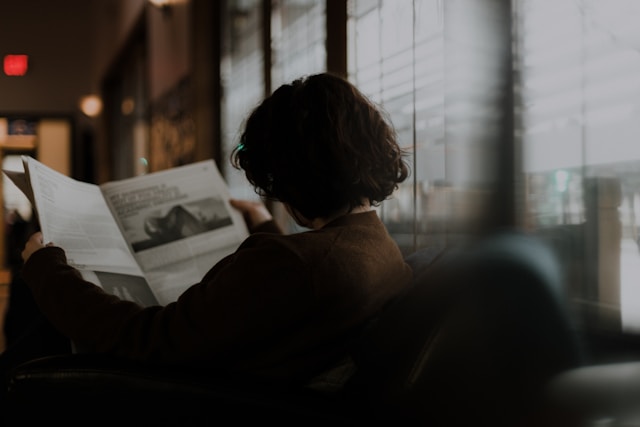News

Aleteia: "Under her artist's fingers, Camille de Dumast brings life to life".
Painter-sculptor Camille de Dumast had a long and bumpy road before returning to creation. Married with six children, she loves to share the beauty of everyday life. Meet a lively, passionate woman.
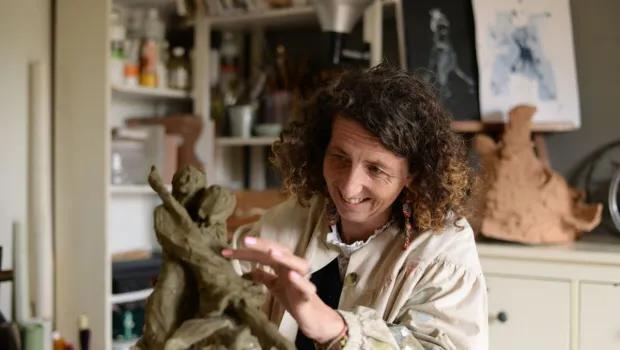
Camille de Dumast. Eugénie de Cenival
A Breton at heart, Camille de Dumast's creations bring life to life. She regularly exhibits her work in the Paris region and throughout France, notably in Carnac and Gironde. She is a member of the Ensemble Angelico artists' collective, behind "De Profundis - Vers l'Espérance", a group exhibition on the Psalms recently held in Boulogne-Billancourt.
Aleteia: How did you become an artist?
Camille de Dumast: Through the pitfalls of life! When our sixth child was born, I had a major breakdown. I was living my family life as a routine, I wasn't doing the right things to recharge my batteries, and I fell apart. I was lucky enough to have a shrink who told me, "Do something you love!" I'd always dreamed of doing sculpture, so I took the plunge. It did me good, it nourished me... In the workshop I went to, I discovered that I was gifted, because, according to others, my sculpture was "alive". I say that knowing that it's a gift that's been given to me!
Aleteia: At that time, you sailed across the Atlantic, why?
Camille de Dumast: I wanted to change my life for a while. It was the first time I'd dared to go away for three weeks, leaving the six children with my husband! I'd never had three weeks' freedom before! I discovered that, before being a sporting adventure, it was first and foremost a human one, and that life with a crew wasn't necessarily better than life with my family. The experience calmed me down, and today I dream a little less about my life! The boat also taught me that the real adventure is what I have to experience here and now. This Atlantic crossing finally taught me to dare to move forward, to allow myself to fail and to free myself from the gaze of others.
Aleteia: Today, you're an artist and a mother. How do you reconcile the two?
Camille de Dumast: Without this busy family life - our children are between 9 and 23 years old - I would never have fallen apart, and I would never have questioned the system. So my family is first and foremost a gift. Then I realized that apart from the mother, there's the woman, the artist who needs to be nourished. Nurturing the artist - giving her time to express herself, choosing to make a living of it - keeps the mother on her feet, and in return, family life nourishes her. It's my playground! I love the links between people, what happens between them, attitudes, movement...
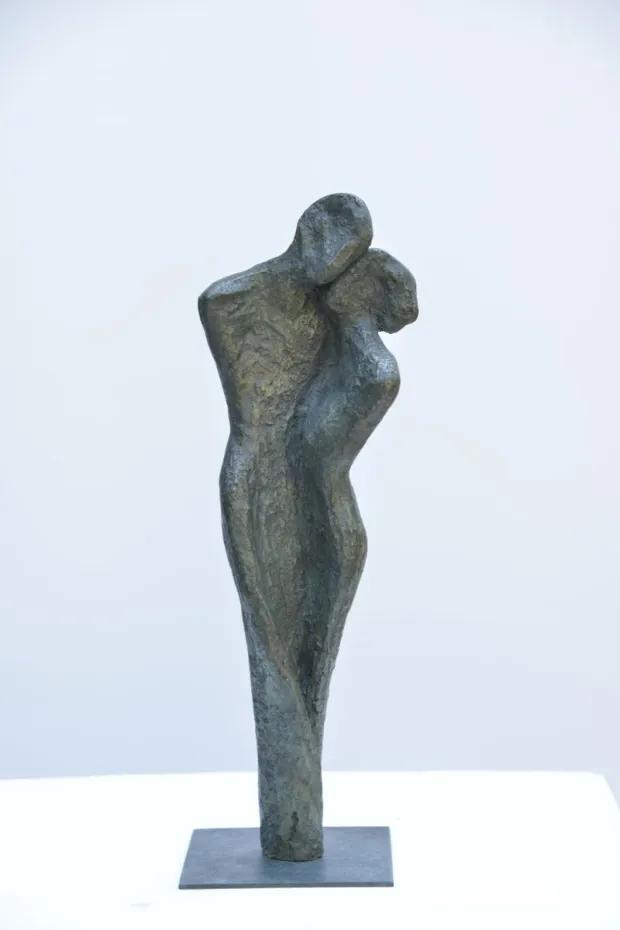
Eugénie de Cenival
Aleteia: What do you want to convey through your art?
Camille de Dumast: As an artist, I want to show the beautiful moments in life, the joy in a family, relationships, love, tenderness... I've written on my website: "Measuring every day how lucky we are to live with a smiling mind, a loving gaze and a body to love". At the same time, life isn't always like that. So at the moment, I'm trying to show the less beautiful sides of everyday life, which need to be repaired. So I've started to create a couple that's not in harmony, or people fractured by life. I'm still exploring how to express this dimension...
Aleteia: Do you work a lot with couples?
Camille de Dumast: Yes, for example in Viva la Dancia, where a man and a woman hold hands and dance together. Dance expresses so many things about couples. The interplay of their eyes and bodies, the tenderness that passes between them, their attitudes that evoke pride, the feeling of being in one's rightful place.
In this sculpture, the man and woman look as if they're about to dance before our very eyes! Similarly, when I sculpt a mother cuddling her baby, the heavy, inert material comes alive. Yes, I love bringing life to life. In fact, I'm very intrigued by the text from Genesis, with God giving the clay the breath of life...
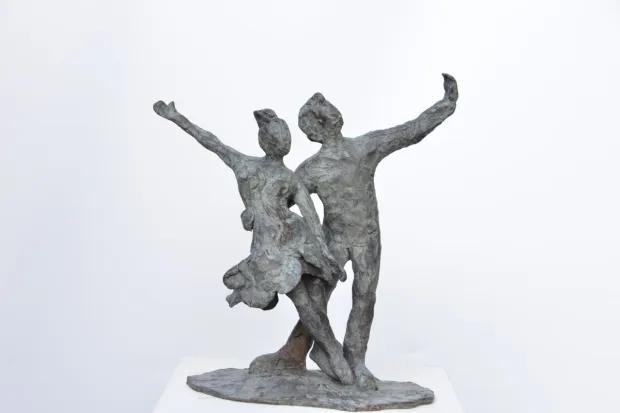
Eugénie de Cenival
Aleteia: "Beauty will save the world": what do you think of Dostoyevsky's phrase?
Camille de Dumast: I have mixed feelings. Through my work, I've discovered that all tastes are in nature, and a sculpture can very well please one person and displease another. (Silence) To talk about art, I'd rather use this prayer: "Lord, make me an instrument, so that through my works something happens for those who look at them...". For me, the artist is a mediator, an instrument in God's hands, who hopes that his or her art will bear fruit. For example, during an exhibition, a lady came up to me and said, "Looking at your works, I was consoled."
Aleteia: Where does your inspiration come from?
Camille de Dumast: When I'm sculpting, I feel as if something is flowing into my hands, but I don't know where it comes from! On the other hand, I know how I nourish myself, because I'm a Christian artist. It's in my relationship with God that I find inspiration. And today, which wasn't the case before, all my work is nourished by my Christian life. I'm thinking of my sculptures of couples: even if you can't tell they're married in church, they're "lasting couples"!
Aleteia: You're currently taking part in an exhibition with other artists on the Psalms. Can you tell us about it?
Camille de Dumast: I'm part of the Angelico fraternity of Christian artists, a place where we exchange ideas about our faith. For the "De profundis - Vers l'Espérance" exhibition, we worked around the psalms, which we read and reread together. I began by working on Psalm 29 "You have turned my mourning into dancing" with a piece entitled "Eternal Praise". I've met so many people who give thanks for what's happened to them that I wanted to invite people to live this reality in their lives. And then I plunged into the heart of darkness, where we shut ourselves in and cut ourselves off from God, but where we can also open our hearts to Him...
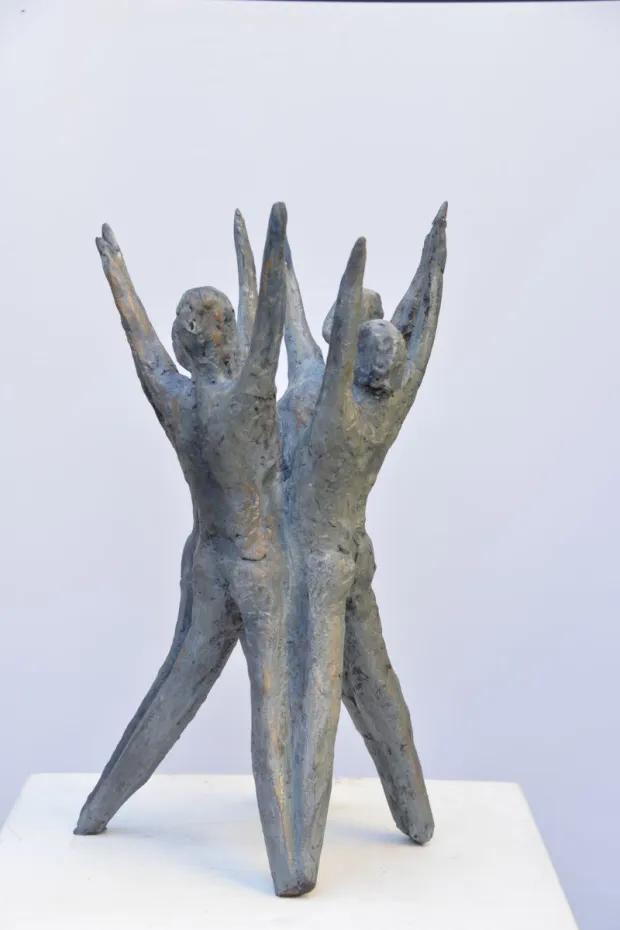
Eugénie de Cenival
Aleteia: As Christmas approaches, what would you like to say to readers?
Camille de Dumast: In our darkness, God offers us Hope. In the course of our exhibition and our work, we were touched by the fact that, in the Psalms, God himself reaches out to man. This is the mystery of Christmas: God comes to the heart of our lives, and in our darkness, He is there too...
Read the article on www.aleteia.org
